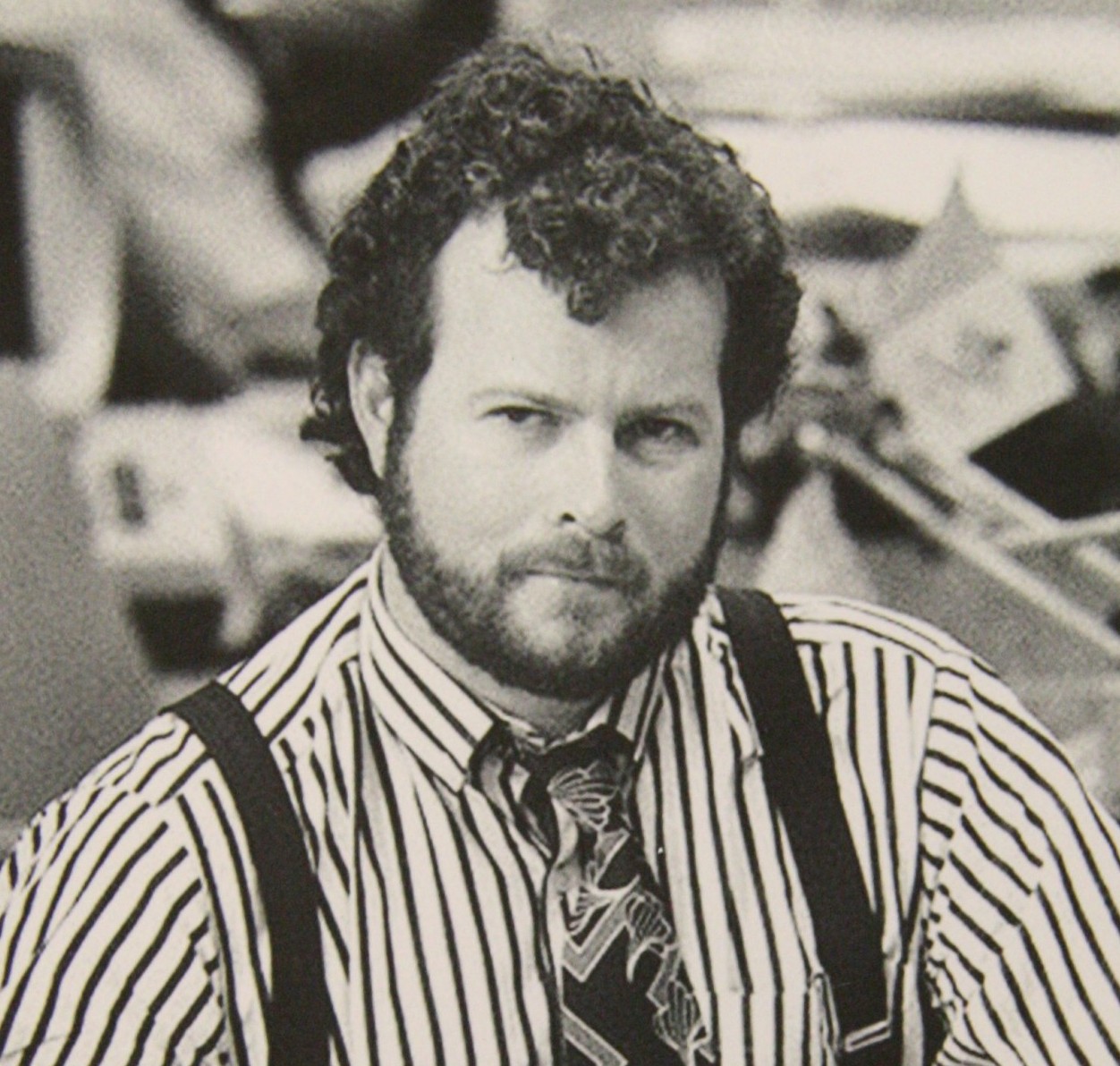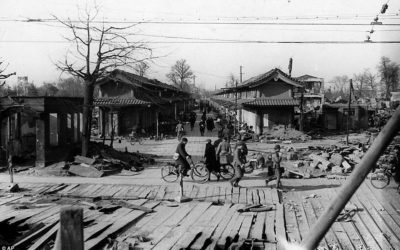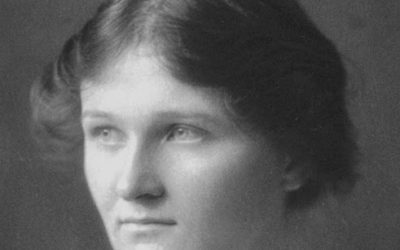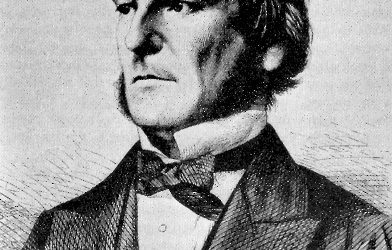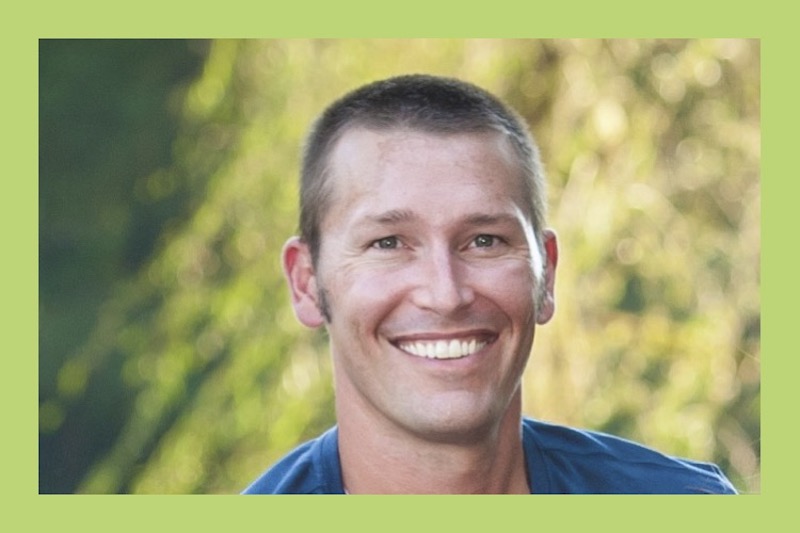One privilege that many of us have, whether we know it or not, is the presence of other people like us who can give us support when we need it. This feeling of community can be a great source of strength; in fact, for those who have encountered constant discrimination and hatred from strangers, the support of their peers has often been their principal source of strength. But this support sometimes comes with strings attached: opinions you may be expected to share or , even if you disagree with them privately. Having to choose between the benefits of belonging and your own ideals is a terrible strain for anyone, but it’s a choice that many people are forced to make, including Randy Shilts.
Randy Shilts was born on August 8, 1951 in Davenport, Iowa, growing up in Aurora, Illinois as part of a large working-class family. His parents were socially conservative, and Shilts didn’t come out as gay until he went to college at the University of Oregon. He eventually graduated with a bachelor’s degree in journalism, but as an openly and even outspokenly gay man he was unable to obtain employment at a major newspaper on the West Coast. Shilts’ career instead began at small, independent periodicals with a focus on gay issues; one major story he covered both in print and on television was the 1978 assassination of Harvey Milk, the first openly gay city commissioner in the United States.
Shilts finally broke into mainstream print journalism in 1981, when the San Francisco Chronicle hired him as a national correspondent. By 1983, he had convinced his bosses to let him cover the AIDS epidemic in the U.S. full-time, and his tireless reporting on this issue culminated in the creation of his best-known piece of writing, And The Band Played On: Politics, People, and the AIDS Epidemic, published in 1987. In this book Shilts criticized the apparent indifference that many people and organizations displayed toward the spread of AIDS, which in his opinion kept it from being effectively contained. He attributed the out-of-control epidemic not only to the federal government’s refusal to fully acknowledge it, but also to behavior within the gay community itself; in particular, Shilts was opposed to the gay bathhouses in San Francisco that he thought catered to people like the infamous “Patient Zero”, a man who knew he had AIDS but continued to have unprotected sex with hundreds of partners a year.
If Shilts had confined his criticisms to large organizations and a culture of homophobia, he might have been hailed as a hero of gay liberation. As it happened, the stress he put on individual responsibility earned him widespread scorn from the gay community. Many claimed that he was “blaming the victim,” and a fellow journalist called him a “traitor to his own kind.” When he walked through the Castro District of San Francisco, he was shouted at and spat upon. Nevertheless, And the Band Played On was a success in the broader American community and drew a great deal of attention to the AIDS epidemic and those who struggled with it. His insistence on maintaining an independent stance prevented the general public from dismissing the book as propaganda and made everyone, both outside and inside the gay community, take his thoughts seriously.
Throughout his career Shilts’ emphasis was on proper reporting and personal integrity. While working on the manuscript for And the Band Played On, Shilts himself was tested for AIDS, but he deliberately avoided seeing the results until the manuscript was finished, so that his personal health wouldn’t affect his opinions on the subject. His later articles and books also brought new journalistic issues, one of which was his refusal to “out” several prominent individuals who were thought to be gay. Many felt that awareness of these individuals would help to legitimize the gay movement in the public eye, but Shilts saw this as a violation of journalistic ethics; revealing details of someone’s personal life, just to score political points, was a betrayal of the trust that many placed in the news media.
Randy Shilts was the kind of man who stands out in a crowd. He was an openly gay correspondent at a major newspaper in the early ‘80s, quite a rarity at the time. He also had a strongly idiosyncratic personal style, wearing striped shirts and floral ties to the office. Perhaps what stood out the most about him was his principled stance on controversial issues. Discussing the contentious issues of our time draws attention, and if our ideas have any substance at all much of that attention can be negative or even hostile. Sometimes we hide our opinions in order to keep enjoying the good will of those around us, but sometimes we are moved to speak up, even at the risk of causing offense. In doing so, we face the kind of dilemma that Shilts summed up for the New York Times in 1993:
“If I criticize the gay community, then I’m part of the establishment. I sold out, rather than just having a different opinion. There’s no room in the gay community for people of good intention having different opinions. Either you have the opinion or you’re nothing.”
Next Post: Margaret Bourke-White, a pioneering industrial photographer and chronicler of world history.

